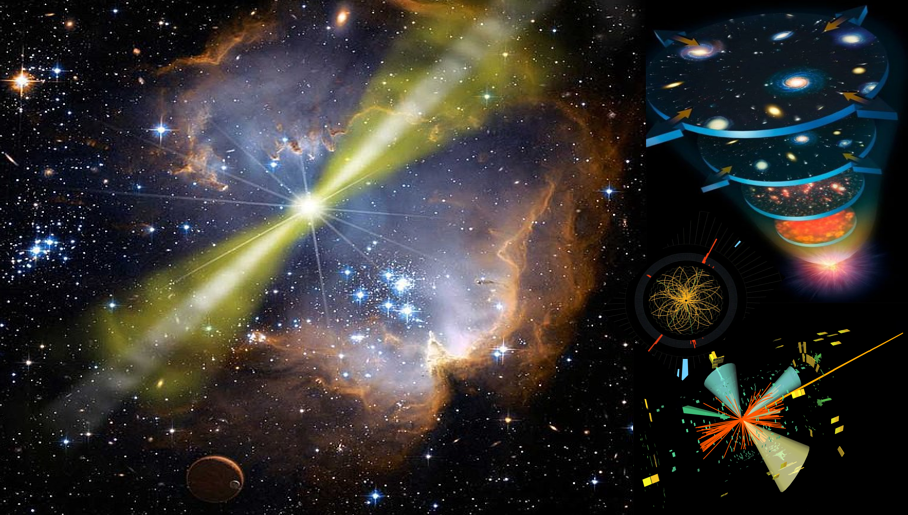Speaker
Description
The first stage of the Future Circular Collider (FCC) will be an e+e- collider (FCC-ee) as successor to the Large Hadron Collider at CERN. The FCC-ee will enable a precise characterization of the Higgs boson together with electroweak, flavour, QCD, top precision physics, as well as searches beyond the Standard Model, with a real chance of discovery. Reaching experimental and theoretical systematic uncertainties commensurate to the statistical precision of the many measurements feasible at the FCC-ee requires careful preparation of the detector concepts, possibly of the mode of operation, and of theoretical developments.
The ambitious performance requirements for the four FCC-ee detectors (and the relevant technological options) are obtained from the evaluation of the sensitivity of several physics benchmark processes, by simulating variants of a number of detector concepts, such as CLD (CLIC-like detector) or IDEA (Innovative Detector for Electron-Positron Accelerators), including luminometer, vertex detector, central tracker, calorimeter(s), superconducting magnet, and muon detection system.
A solid software infrastructure is instrumental for the above mentioned evaluation. The FCC software ecosystem is tightly connected with Key4HEP, a turnkey software stack providing, in a ready-to-use way, all functionalities required by an HEP experiment, including a core software framework and tools for signal generation; parameterized, fast, and full simulation; reconstruction; and analysis. The Key4HEP project aims to provide an optimal synthesis of community products from LHC and beyond; it is the result of a common ongoing effort bringing together the future HEP projects communities. In this presentation, we will discuss the status of the Key4hep project with respect to the needs of the FCC Feasibility study, and the plans ahead.

